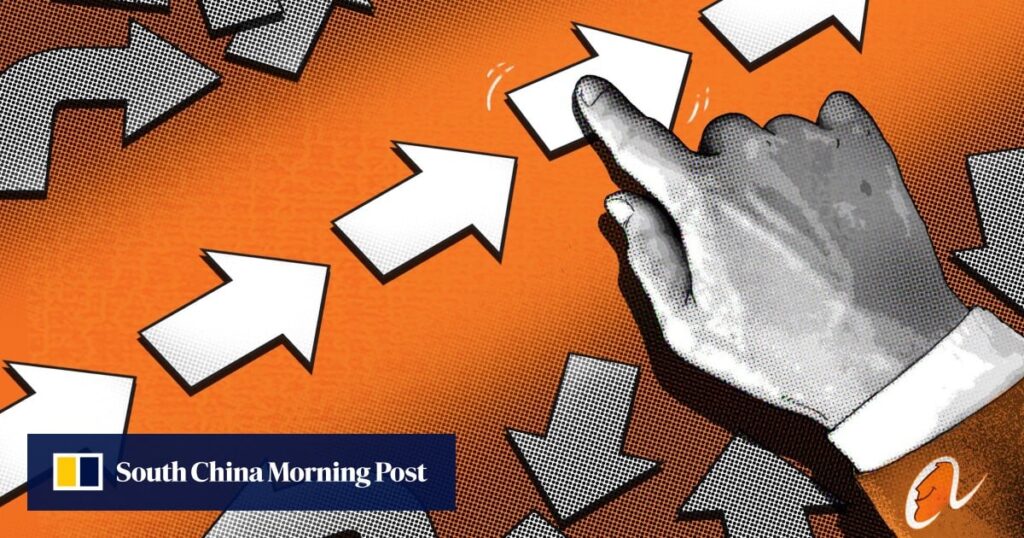By March 2023, Alibaba had lost three-quarters of its value from its peak in October 2020. That comes as e-commerce giant Alibaba, once seen as China's answer to Amazon.com, faces questions about whether it can regain its former glory while dealing with the Chinese threat. Economic slowdown, regulatory scrutiny, and fierce competition from old and new rivals.
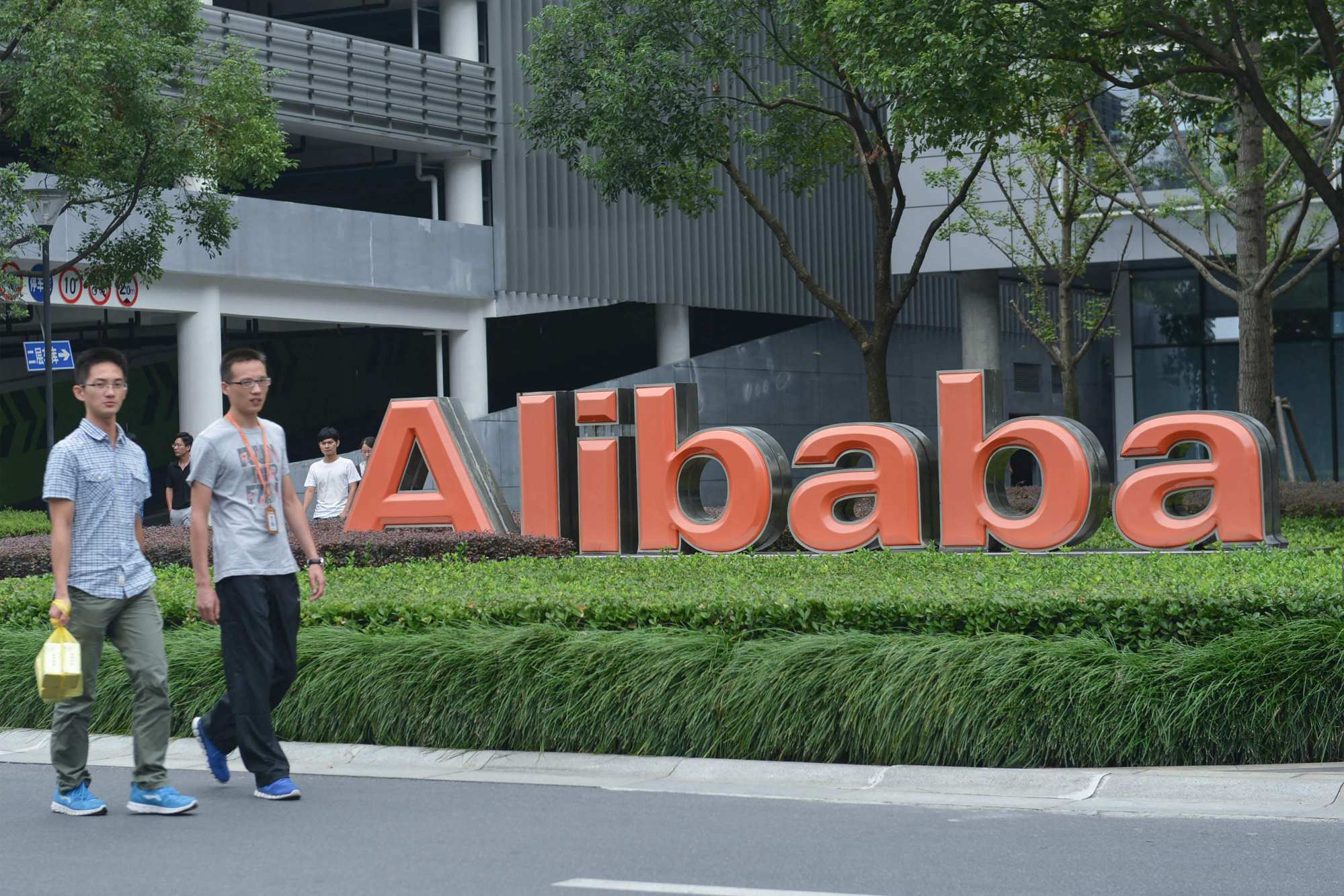
Mr. Ma, who no longer holds a management role but became Alibaba's largest shareholder after early investor SoftBank liquidated its stake, wrote an unusually long memo to Alibaba employees this week, saying that Mr. Tsai and Mr. Wu He supported the changes he had made and encouraged his employees to embrace innovation.
“We have made countless mistakes over the past 25 years, and we will continue to do so. [continue to] We will make mistakes for the next 77 years,” Ma wrote. “To face a problem is not to deny the past, but to take responsibility and find a way to the future.”
Tsai also said the group had made “mistakes” in a podcast interview with Norges Bank Investment Management CEO Nicolai Tangen last week.
“We fell behind because we forgot who our real customers were,” Tsai said. “Our customers are the users who use our app [for] They were shopping and we couldn't give them the best experience. In a sense, we stepped out on our feet and didn't focus on where we could add value. ”

Alibaba's founders lost their souls after Alibaba's market capitalization was briefly surpassed by PDD Holdings, even though the online discount retailer's payroll was a fraction of Alibaba's, according to people familiar with the matter. He said he felt shaken.
At the time, PDD's market capitalization briefly overtook Alibaba's, reaching US$192 billion on the Nasdaq, while Alibaba's market capitalization was below US$190 billion.
As of last quarter, Pinduoduo had about 623 million monthly active users, compared to about 892 million for Alibaba's Taobao, according to Statista.

In addition to impressing investors, PDD has also proven popular among consumers due to the attractive pricing of its products. “Alibaba recognized that its bread and butter business was under serious threat,” said a person briefed on internal discussions.
“Alibaba did not have a strong track record under former leader Daniel Zhang,” said Morningstar senior analyst Chelsea Tam. “For example, the company failed to prevent PDD Holdings from overtaking Taobao and Tmall Group to become China's largest e-commerce platform by number of annual customers transacting on the platform.”
“Facing competition from Pinduoduo and Douyin, Eddie Wu came along. [to Alibaba’s senior leadership] There is only one thing to do and that is to stabilize the main business,” said Li Chendong, director of Internet industry think tank Dolphin.
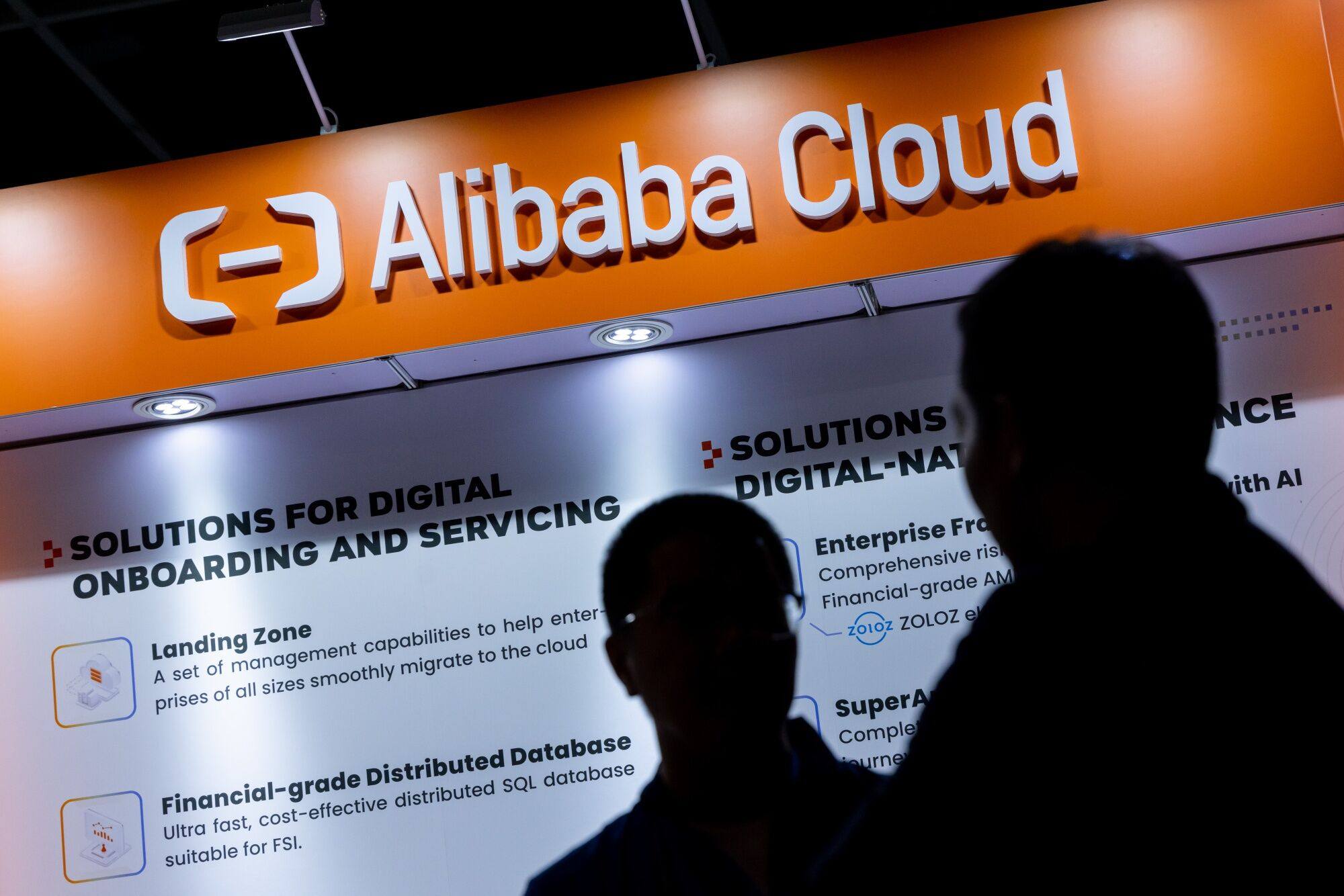
Tsai said in an interview with Norges Bank that despite the efforts, more work is needed because Chinese companies are “probably two years behind” their U.S. peers in AI development.

The change in restructuring strategy reflects Alibaba's “realignment process.” [a period of] It's trial and error,” said Chen Duan, director of the Digital Economy Integration Innovation Development Center at the Central University of Finance and Economics in Beijing. “This includes not only changes in the business environment, but also, more importantly, internal control structures and incentive systems.”
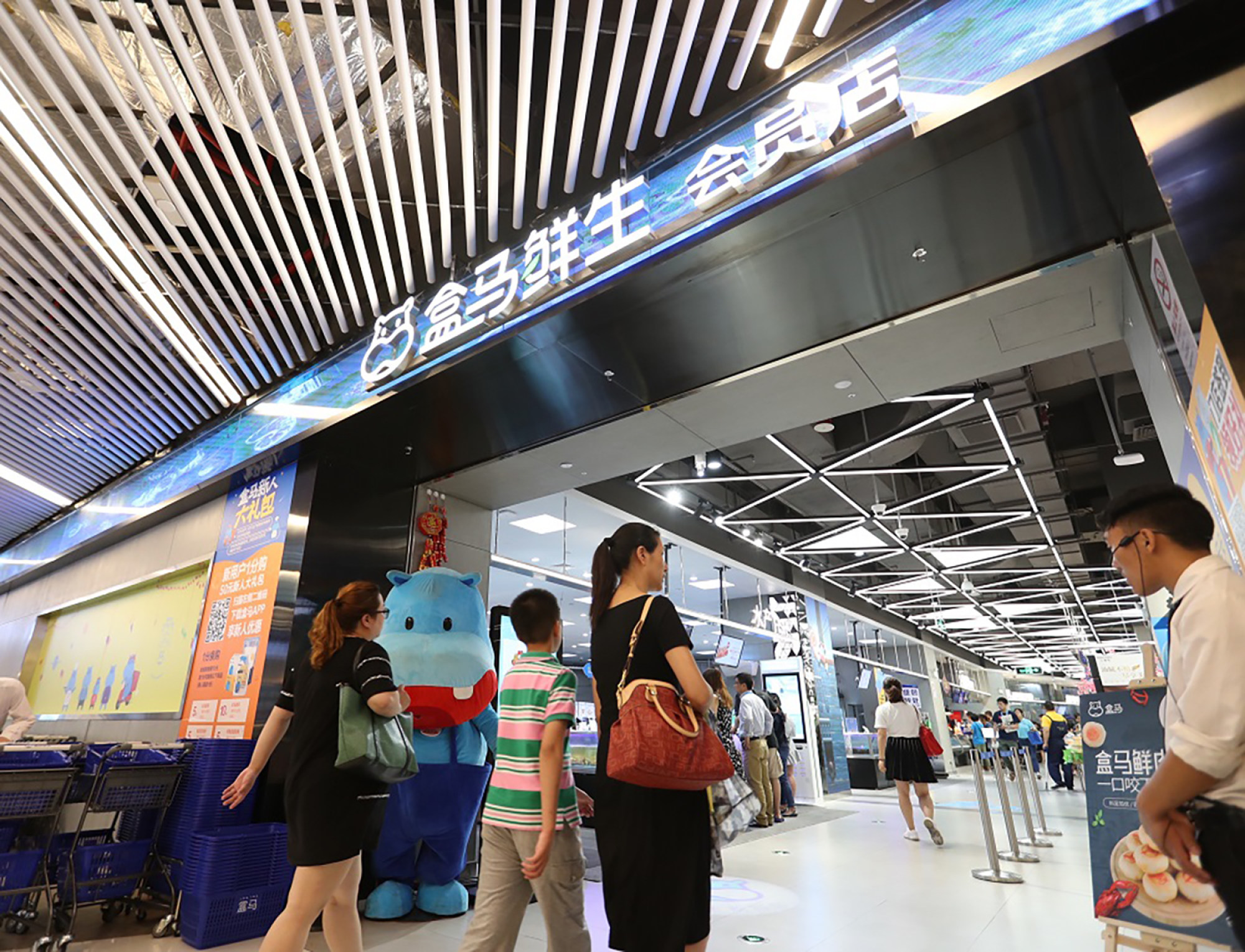
“Alibaba has significantly expanded its offline retail businesses over the past few years and paid handsomely for these businesses,” Dolphin's Li said. “Now they're a burden.” But he noted that selling these assets could hurt the company's bottom line in the short term.

While consumer sentiment remains weak in the domestic market, Alibaba is stepping up efforts to expand its e-commerce business overseas.
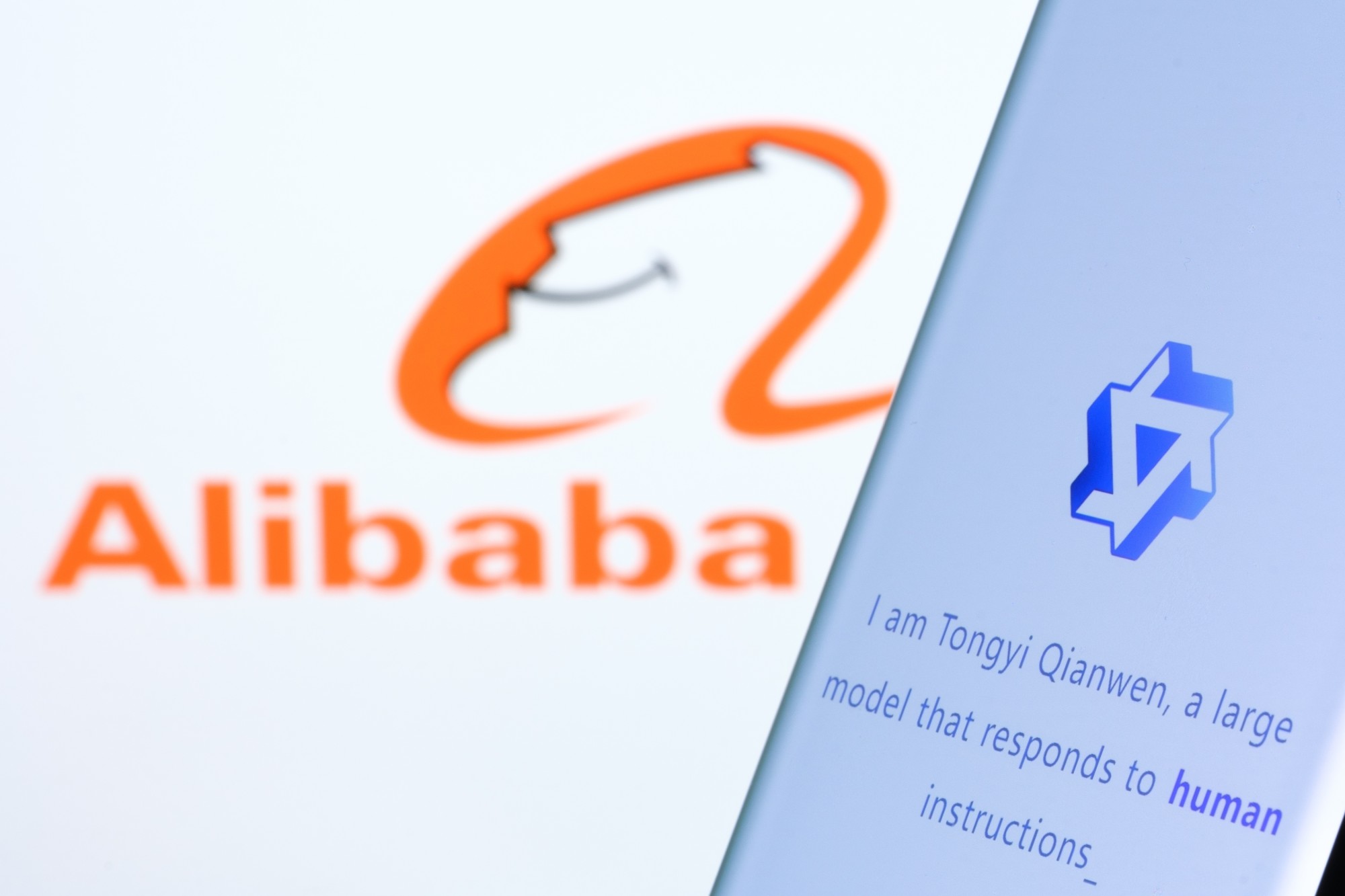
In the quarter ended December 31, Alibaba's international digital commerce group's revenue rose 44% to 28.52 billion yuan, driven by AliExpress' strong performance. AliExpress achieved an order increase of more than 60% over the previous year.
In addition to increased competition from the likes of Mr. Temu and Mr. Shein, rising geopolitical tensions between the United States and China are also posing challenges for Alibaba to expand its overseas operations, particularly in the United States.
“Just being a Chinese company in the United States in general, we have to be very careful,” Tsai said in a podcast interview.
“For example, we don't do a lot of consumer-facing business in the U.S. because of concerns about data privacy and cybersecurity,” he said. “These are some of the issues we will have to deal with in the future.”

“In such a large ecosystem, there are so many things that can affect the entire group, such as changes in structure, talent, and products,” said Chen, of the Central University of Finance and Economics.
Ma, who stepped down as Alibaba chairman in 2019, bought about US$50 million worth of stock during the quarter, increasing his stake to more than the 4.3% reported at the end of 2021. This is the first time in almost 25 years that Chinese investors have acquired a stake. He holds the largest stake in Alibaba.
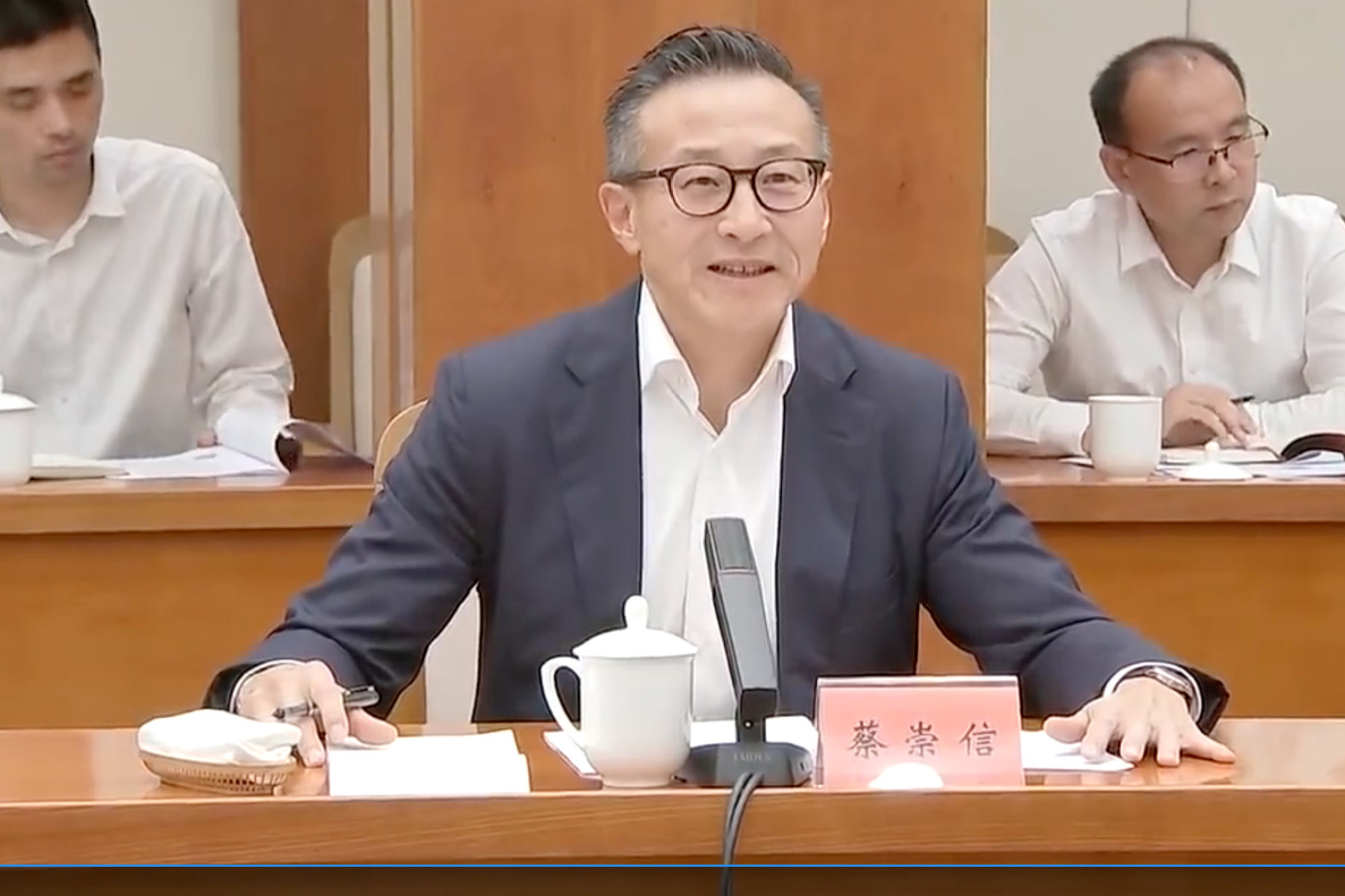
“With the reorganization and the introduction of a new management team, we are more confident in our position as one of China's top e-commerce players,” Tsai told U.S. business news channel CNBC in February. Told. “I wasn’t as confident as before and felt the pressure of competition, but now I’m back.”


